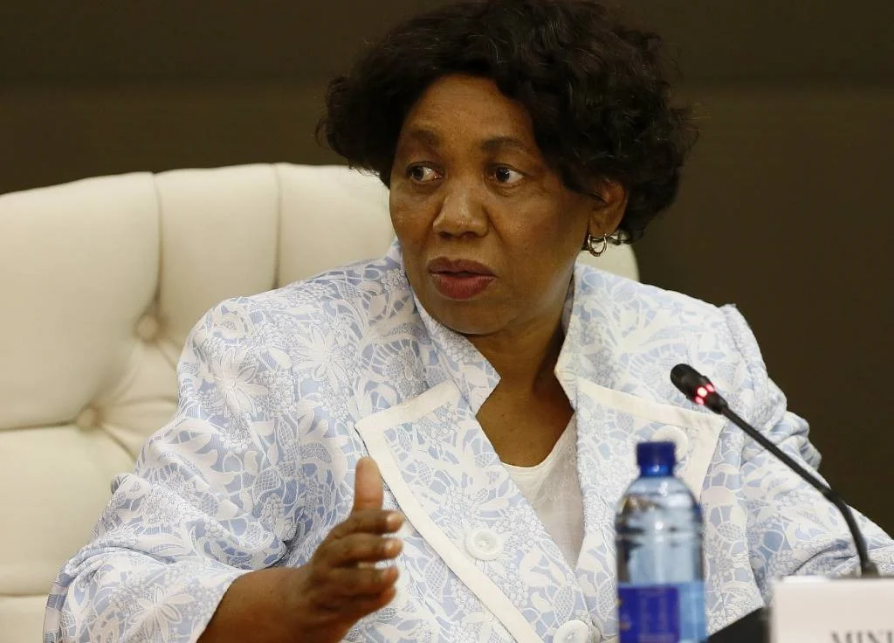Staff Reporter
The Basic Education Laws Amendment (BELA) Bill took centre stage during the panel discussion facilitated in conjunction with the Catholic Education in Africa and Madagascar Conference.
In addition to acknowledging the Basic Education Sector’s efforts to maximise access to quality education, the delegation was impressed that the National Assembly has finally passed the BELA Bill.
In her response to several questions posed by some leaders of Catholic Education in connection with the Bill, Minister Motshekga indicated that implementing the BELA Bill will bring about much anticipated education reform in South African schools.
“Much has been written about this Bill, and much has been said about it. I appeal to the detractors of public schooling and the Government to desist from spreading misinformation in the public discourse to advance sectoral interests.
“Please allow me to assist you as leaders in demystifying the myths about the BELA Bill. The current version of the BELA Bill has been shaped by extensive consultations over several years.
“In its development phase, the Bill saw the submission of almost 5,000 comments from the public, alongside 144 petitions with a collective weight of 195,695 names. Such engagement underscores the deep-rooted public interest in and commitment to refining our basic education system.”
A task team convened from 19 February 2018 to 14 February 2020, for 31 meetings spanning 57 days for in-depth dialogues, often supplemented by discussions with other department officials to gain clarity on issues raised by commentators. Recognising the value of external perspectives, the team sought advice and insights from individuals outside the DBE.
Minister Motshekga added that, “The Bill addresses critical challenges that have, for years, hindered the progress of our education ecosystem. One of the primary issues it tackles is determining a school’s language policy. There is a common misconception that the Bill aims to erode the autonomy of School Governing Bodies (SGBs).
“In reality, it aspires to harmonise the powers of the SGB with the directives of the relevant provincial Head of Department (HOD). Whilst the SGB is initially tasked with setting a school’s language policy, the Bill emphasises that this authority is not unequivocal. It ascertains that such policies are adaptable, inclusive, and congruent with the constitutional right to basic education”.
Furthermore, the BELA Bill also addresses the crucial issue of managing pregnancy among pupils: “The unfortunate reality is that pregnant pupils often face ostracism and educational hindrances. The Bill aims to guarantee that their constitutional right to education remains intact. The Minister’s regulatory power is not about dictating personal decisions or delving into health matters such as abortion. It is centred on ensuring schools adopt a compassionate and pragmatic stance towards supporting pregnant pupils.
Additionally, the BELA Bill unequivocally places the responsibility of determining the admission policy in the hands of the SGB stating: “The admission policy of a public school is determined by the governing body of such school.” Therefore, it is mischievous to contend that this power is being removed from the SGB, she said
“Within the confines of the law, the HoD will only intervene where an admission policy discriminates against a pupil, which our Constitution frowns upon. The BELA Bill neither allows nor encourages the use, transportation, or consumption of alcohol in schools”.
The Minister said that the role of the Church in education extends beyond the classroom. “It is about moulding individuals who carry forward the values of compassion, integrity, and service. As we navigate the complexities of modern society, the Church’s guidance is invaluable in promoting moral regeneration. We can address our communities’ moral and ethical challenges by reinforcing these core values. And for this, we are grateful to your leadership as a country.”
INSIDE EDUCATION







